𝐈𝐍𝐓𝐑𝐎𝐃𝐔𝐂𝐓𝐈𝐎𝐍 𝐓𝐎 𝐌𝐀𝐑𝐈𝐓𝐈𝐌𝐄 𝐒𝐄𝐂𝐔𝐑𝐈𝐓𝐘 𝐀𝐍𝐃 𝐒𝐔𝐒𝐓𝐀𝐈𝐍𝐀𝐁𝐋𝐄 𝐁𝐋𝐔𝐄 𝐄𝐂𝐎𝐍𝐎𝐌𝐘 𝐂𝐎𝐔𝐑𝐒𝐄
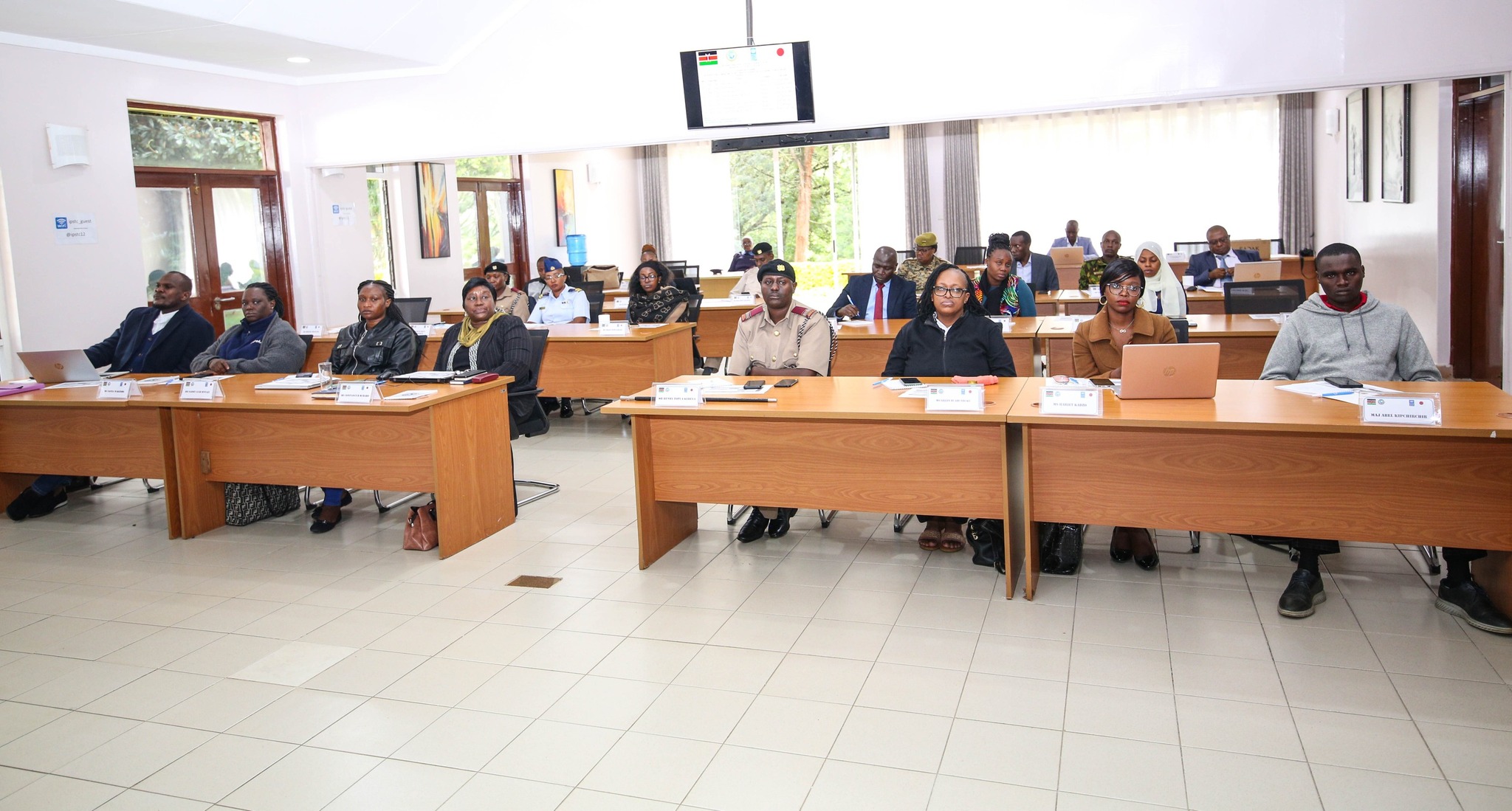
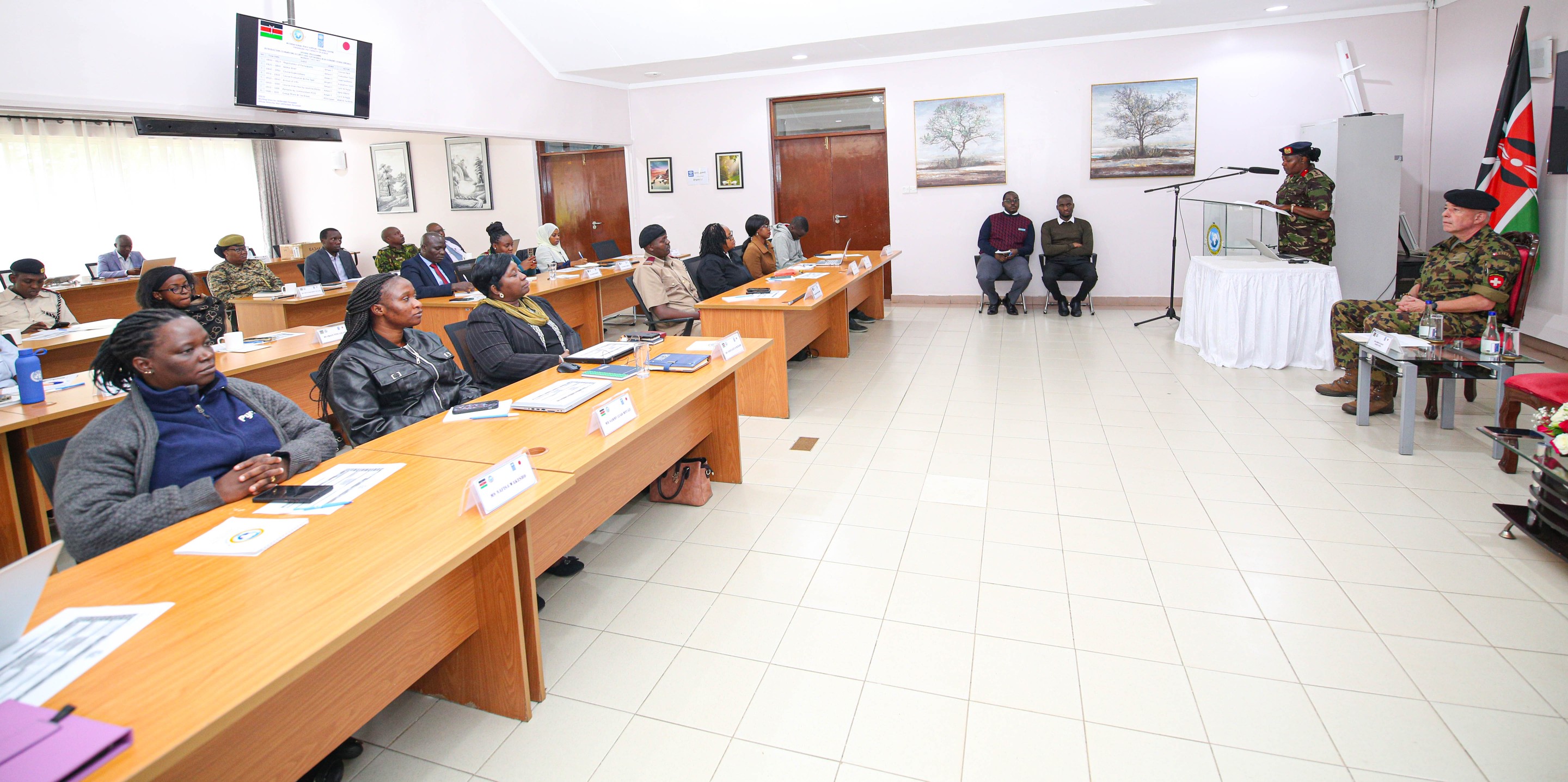
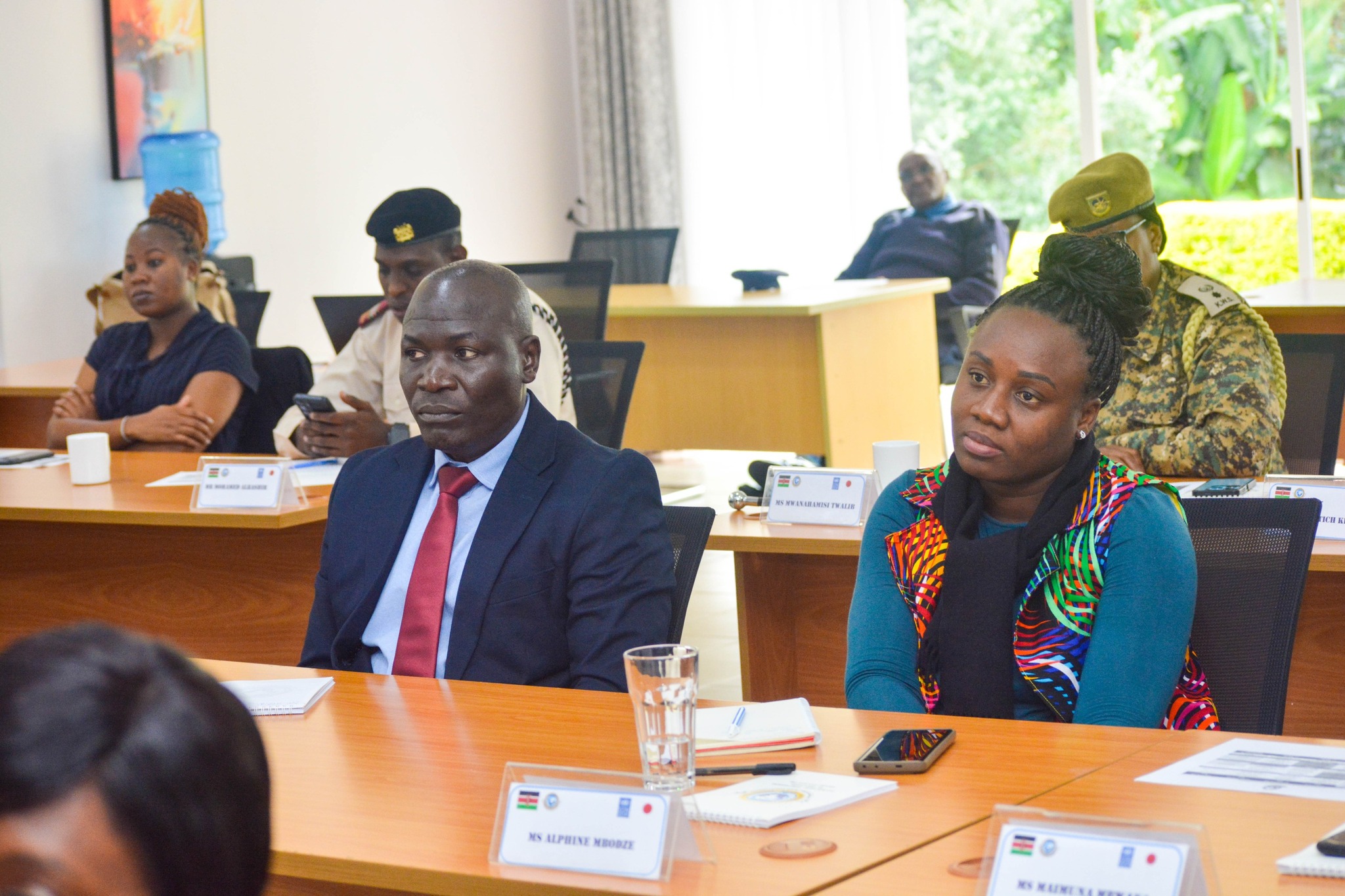



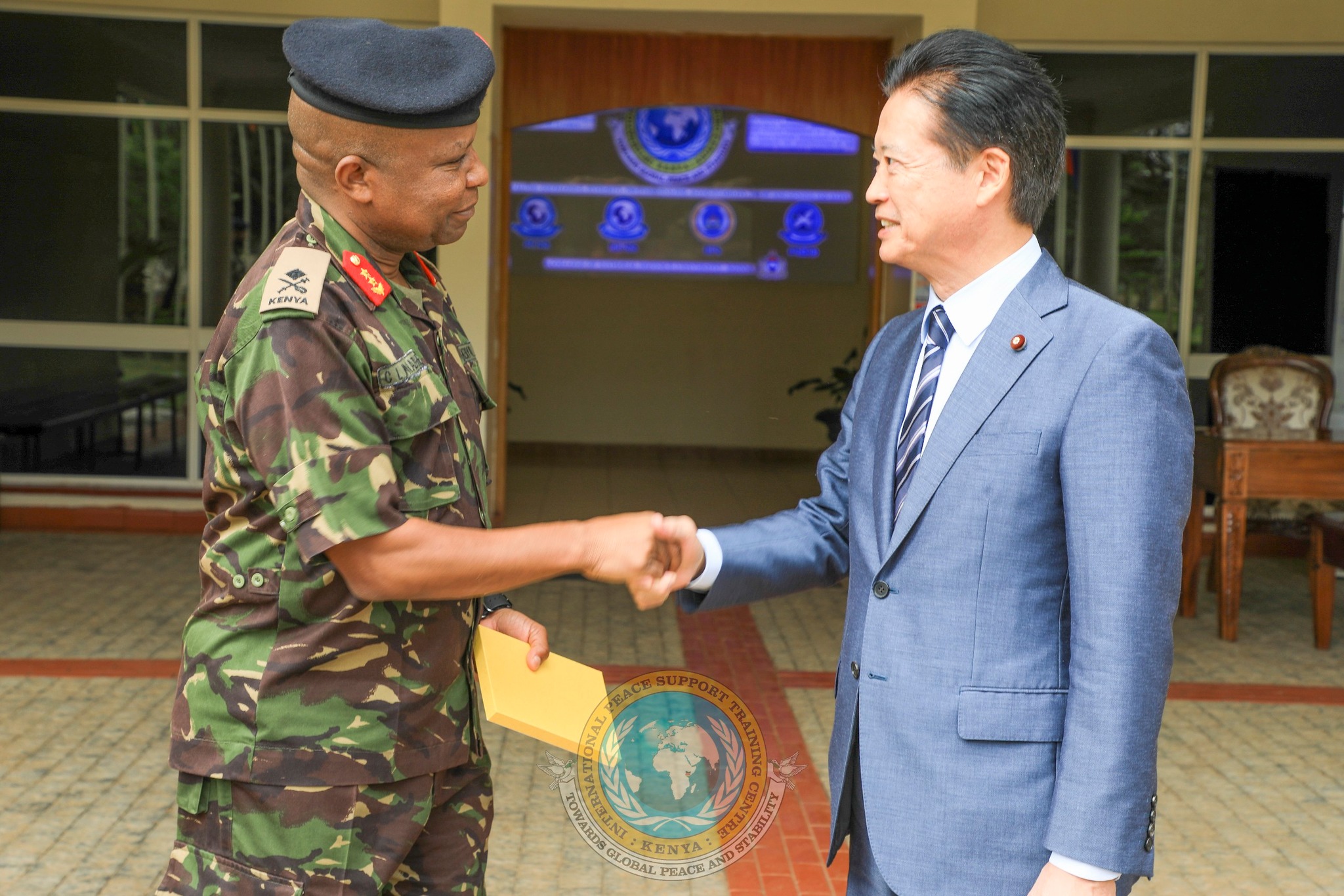
On 25 August 2025, A high-level Japan delegation led by Hon Koichiro Gemba, Vice Speaker of the House of Representatives, visited the Humanitarian Peace Support School (HPSS) alongside fellow members Hon Oniki Makoto, Hon Watancha Sho, and Hon Fukushima Nobuyuki.The…
Read More
The International Peace Support Training Centre (IPSTC) fraternity has bid farewell to Lieutenant Colonel Charles Serriere, who has successfully completed his tour of duty as an exchange officer at the Centre.In a brief but warm ceremony, Lieutenant Colonel Serriere expressed…
Read More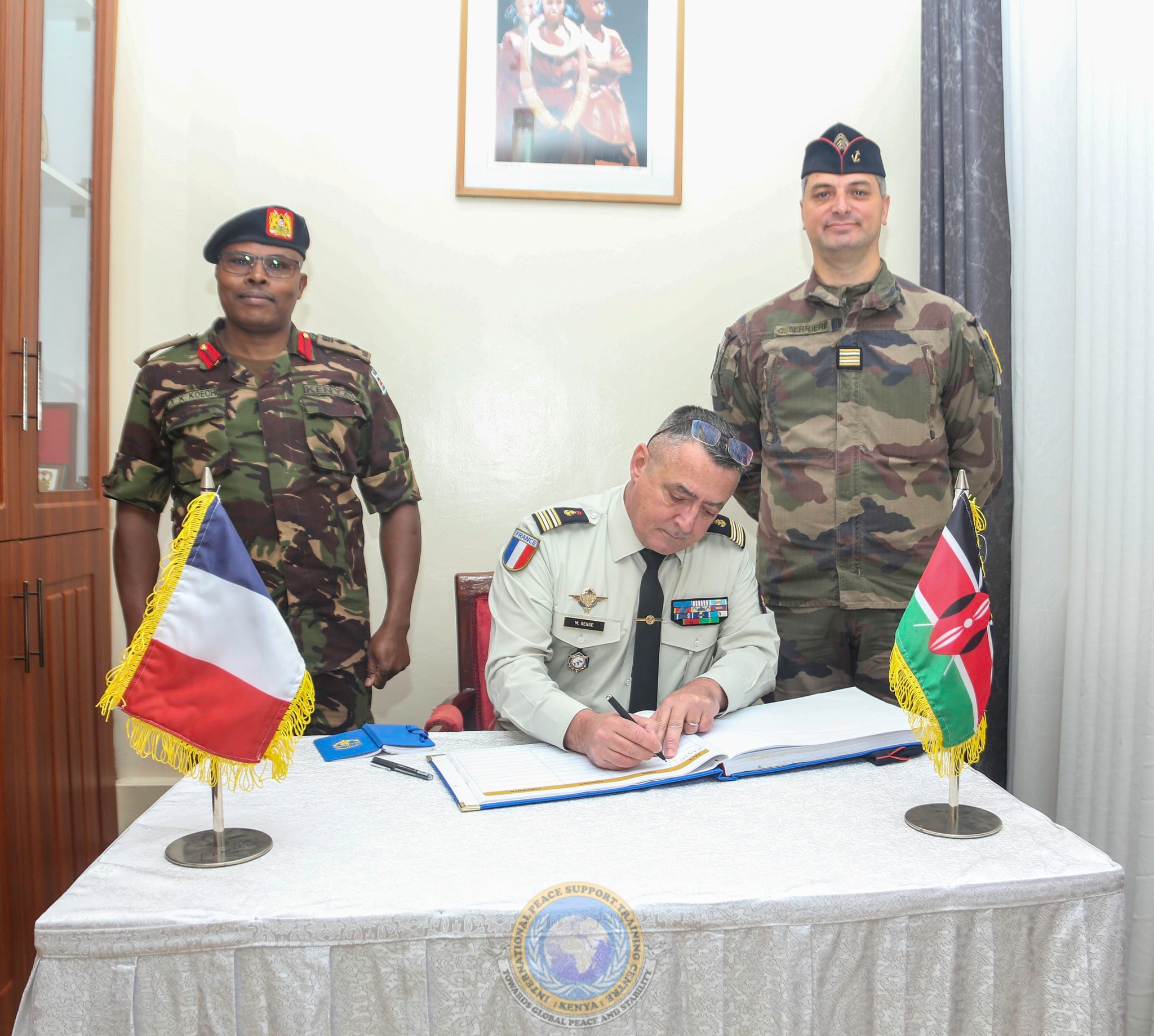
Today, 18th August 2025, IPSTC had the honour of hosting the incoming Defence Attaché of France to Kenya and Somalia Lieutenant Colonel Micheal Gense in Karen. During his visit, he paid a courtesy call to the Centre’s director, Major General…
Read More